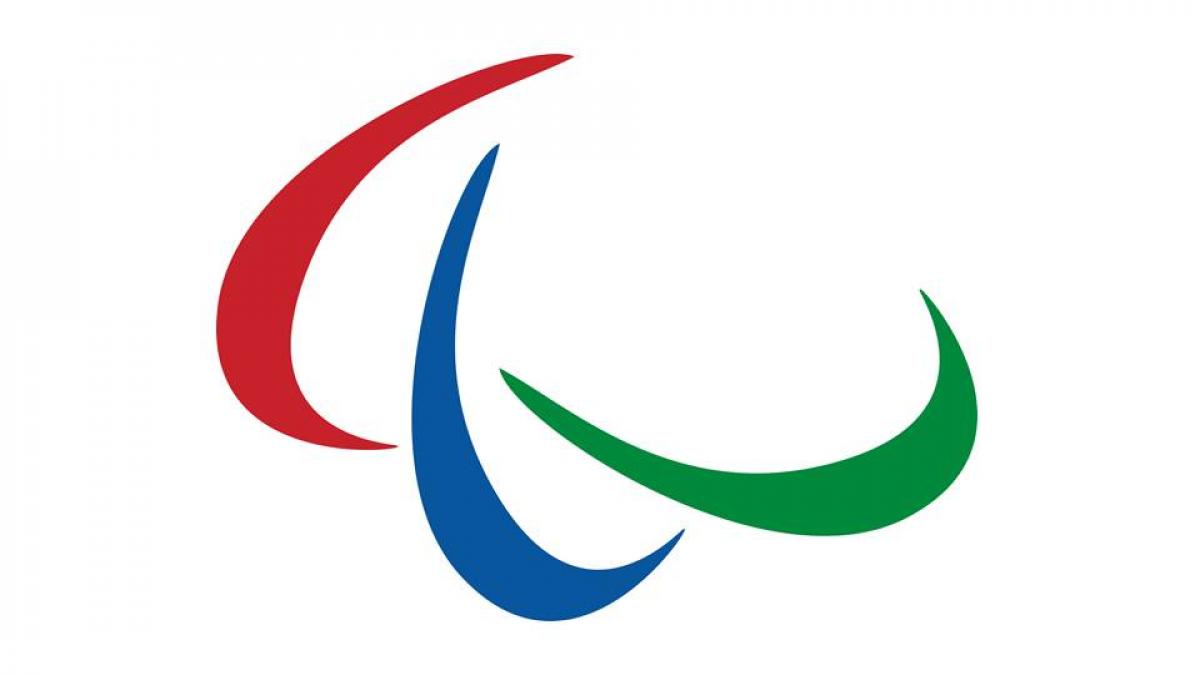Brazilian guide runner given backdated suspension for Anti-Doping Rule Violation
Felipe Veloso da Silva has served a three-month suspension for a violation committed in May 2016. 12 Sep 2016
Official logo of the International Paralympic Committee.
The International Paralympic Committee (IPC) has announced that Brazilian guide runner Felipe Veloso da Silva has received a backdated three month suspension for an Anti-Doping Violation committed in May.
Veloso da Silva, who acts as a guide for T11 athlete Thalita Simplicio da Silva, returned an adverse analytical finding for tamoxifen in a urine sample provided on 21 May 2016 after competing at the Caixa Loterias Athletics Open Championships in Rio, Brazil.
This substance is included on the World Anti-Doping Agency (WADA) 2016 Prohibited List under the category S4. Hormone and Metabolic Modulators and is prohibited at all times, both in and out of competition.
As a result of his violation, Veloso da Silva was made ineligible from competition for three months from 21 May 2016 to 21 August 2016.
All results achieved by Veloso da Silva and Thalita Simplicio da Silva from the date of the test onwards have been disqualified including forfeiture of any medals, points, records and prizes. As IPC Athletics does not consider a guide to be an official competition partner for the discipline of long jump in IPC Athletics, Thalita Simplicio da Silva’s results in the long jump competition at the Caixa Loterias Championships on 20 May 2016 will not suffer.
The principle of strict liability applies to anti-doping matters. Therefore, each athlete is strictly liable for the substances found in his or her sample, and that an anti-doping rule violation occurs whenever a prohibited substance (or its metabolites or markers) is found in his or her bodily specimen, whether or not the athlete intentionally or unintentionally used a prohibited substance or was negligent or otherwise at fault.
As a signatory of the World Anti-Doping Code (WADC), the IPC remains committed to a doping free sporting environment at all levels. The IPC, together with the International Federations and the National Paralympic Committees, established the IPC Anti-Doping Code to prevent doping in sport for Paralympic athletes, in the spirit of fair play. The IPC Anti-Doping Code is in conformity with the general principles of the WADC.

 Facebook
Facebook
 Instagram
Instagram
 Twitter
Twitter
 Youtube
Youtube
